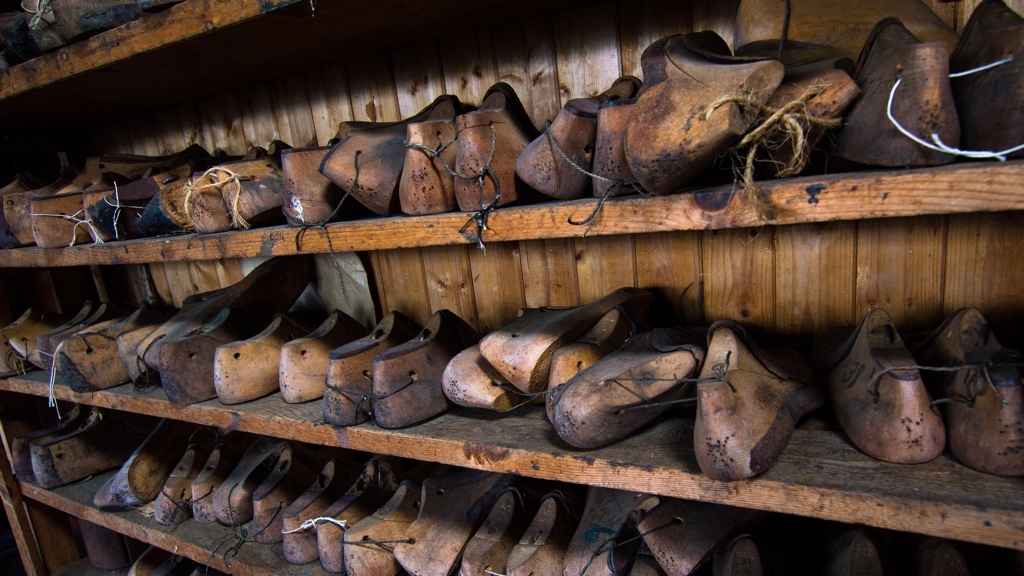How to make clearing and cleaning easier
Datum: 2024-02-08 06:00

Let’s say you want to create better structure at work. You are constantly overwhelmed and want to get organized so that it becomes easier to focus on the right thing at the right time.
You make up your mind to clear a specific somewhere of all the items cluttering it, which presumably are old and should be gotten rid of. You might have eight whole binders just taking up space in your bookshelf, or have a computer desktop full of all kinds of random icons, shortcuts, and documents, or perhaps there is a whole bunch of documents (which do not belong there) in the top or main folder of the cloud service you use.
You think to yourself, “I’m just going to clear this mess up. It won’t take more than fifteen minutes, then I’ll be done with it.”
For you who prefer listening to reading, this post is also available as an episode of the “Done!” podcast:
Falling into the trap
You get to work. But, pretty soon you might fall into a very common and classic structure-trap. Perhaps you are aware of the looming danger and cleverly avoid it, but I see this happening to so many of my clients, that I would not be surprised if you fall into it as well. So, what is this trap? Not long after starting to clear that space or place up, you find something reminding you of something else that needs to be done — or worse, something you should already have done ages ago.
Suddenly gripped by stress (or even shame) my clients then start working on the unearthed task and when they finish it, twenty minutes have passed. The fifteen minutes they had set aside for clearing the mess up are long gone, and since they are not even nearly done, what started as a good initiative regarding better structure, soon feels like a failure.
The unfinished task hangs uncompleted over them and instead of alleviating it, only adds to the burden of unfinished work.
We made things worse instead of better.
An alternative that will make you feel better
If they had only stopped at writing the task they discovered down immediately and then continued with (and finished) clearing the space, place or area, they would have gotten to experience that small but delicious victory of actually finishing the task — and would have still “remembered” to do the task they discovered somewhere in the mess.
Merriment instead of misery.
Do this
When you are in the middle of doing something and think of something else you need to do as well, ask yourself how long this other thing will take to do:
- If it takes less time to do than it would to open your to-do-list and write it down, do it straight away.
- If it, on the other hand, takes longer than putting it on the list, write it down and continue doing what you were in the middle of.
In other words, “stick to your last” (if you allow me to use a rather worn expression referring to cobblers, but relevant to our subject by a slight stretch of our imagination).
More done, yet less cleaning lost in the process
If you do not try to catch any ball (or task) thrown at you (by yourself or others), but instead duly note them and continue doing what you had prioritized, you will finish more of the tasks important to you. Fewer things disturb and interrupt you, and you will focus with greater ease on what is before you.
What’s your method?
What is your method or trick for not getting stuck, distracted or sidetracked when cleaning or clearing things up? Feel free to share with me in an email.
(But, keep in mind that clearing is but half the work.)
I will give you more

If you want more tips on how to create good structure at work, there are many ways to get that from me - in podcasts, videos, books, talks and other formats.




